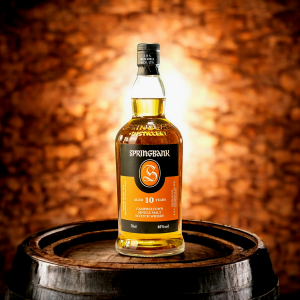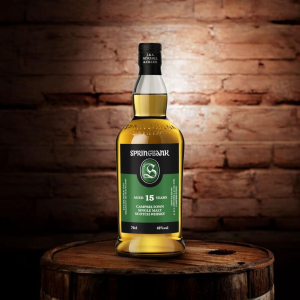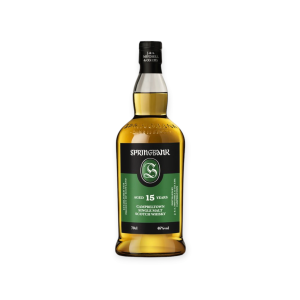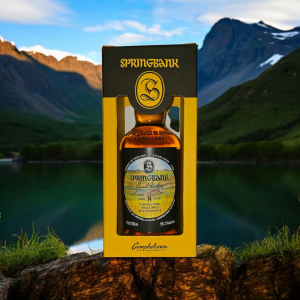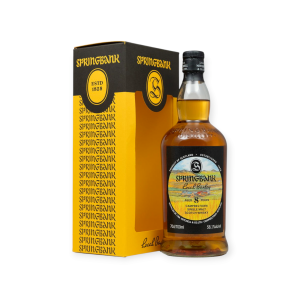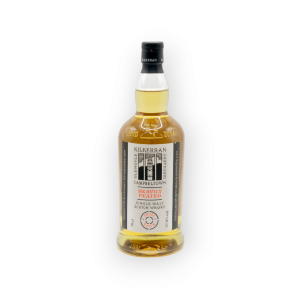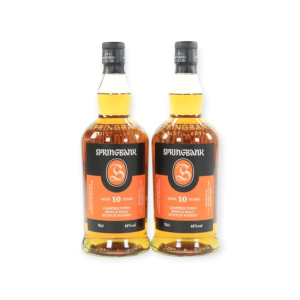Scotch Whisky
Scottish whisky, commonly known as Scotch, is a revered spirit with deep cultural and historical significance in Scotland. Renowned for its unique flavours and meticulous production methods, Scotch is crafted primarily from malted barley and aged in oak barrels for a minimum of three years. The whisky-making process begins with mashing, fermentation, distillation, and maturation, each step contributing to its distinctive characteristics. Scotch is categorised into several types, including Single Malt, Single Grain, Blended Malt, Blended Grain, and Blended Scotch Whisky. Single Malt Scotch is produced at a single distillery using only malted barley, while Blended Scotch combines malt and grain whiskies from various distilleries, offering a harmonious flavour profile.
The whisky’s flavour can vary widely depending on the region of production, with notable areas including the Highlands, Lowlands, Islay, and Speyside, each imparting its unique terroir and character. From the peaty and smoky profiles of Islay whiskies to the sweeter, fruitier notes found in Speyside varieties, Scotch appeals to a diverse palate. With a rich heritage that dates back centuries, Scotch whisky is not only a drink but a symbol of Scottish identity, craftsmanship, and tradition, enjoyed in various settings, from casual gatherings to formal tastings. The production of Scotch whisky adheres to strict regulations, ensuring that each bottle reflects the quality and authenticity of its origins. To be labelled as Scotch, the whisky must be distilled and matured in oak barrels for a minimum of three years in Scotland. This ageing process allows the spirit to develop complex flavours, with interactions between the wood and the whisky playing a crucial role in its final profile.
Showing 1–8 of 135 resultsSorted by popularity
The perfect drop of Scotch Whisky
The choice of cask also significantly influences the character of the whisky. While many distilleries utilise ex-bourbon barrels, others opt for sherry casks, which can impart rich, dried fruit notes and a darker hue to the spirit. Some adventurous distillers experiment with other types of barrels, such as those previously used for wine or rum, resulting in innovative and exciting flavour combinations. The whisky-making process itself is steeped in tradition, involving meticulous steps from malting and mashing to fermentation and distillation. Each distillery has its own unique methods and recipes, often passed down through generations, contributing to the individuality of their expressions.
In recent years, the global appreciation for Scotch whisky has surged, leading to a renaissance in craft distilling and an increased interest in limited-edition releases. Whisky enthusiasts now explore the nuances of age statements, cask finishes, and regional characteristics, often gathering at festivals and tastings to share their passion and knowledge. As Scotch whisky continues to evolve, it remains deeply rooted in its heritage, embodying the spirit of Scotland. Whether savoured neat, with a splash of water or as part of a creative cocktail, Scotch whisky offers a timeless experience that invites exploration and enjoyment, making it a cherished choice for both connoisseurs and casual drinkers alike.

